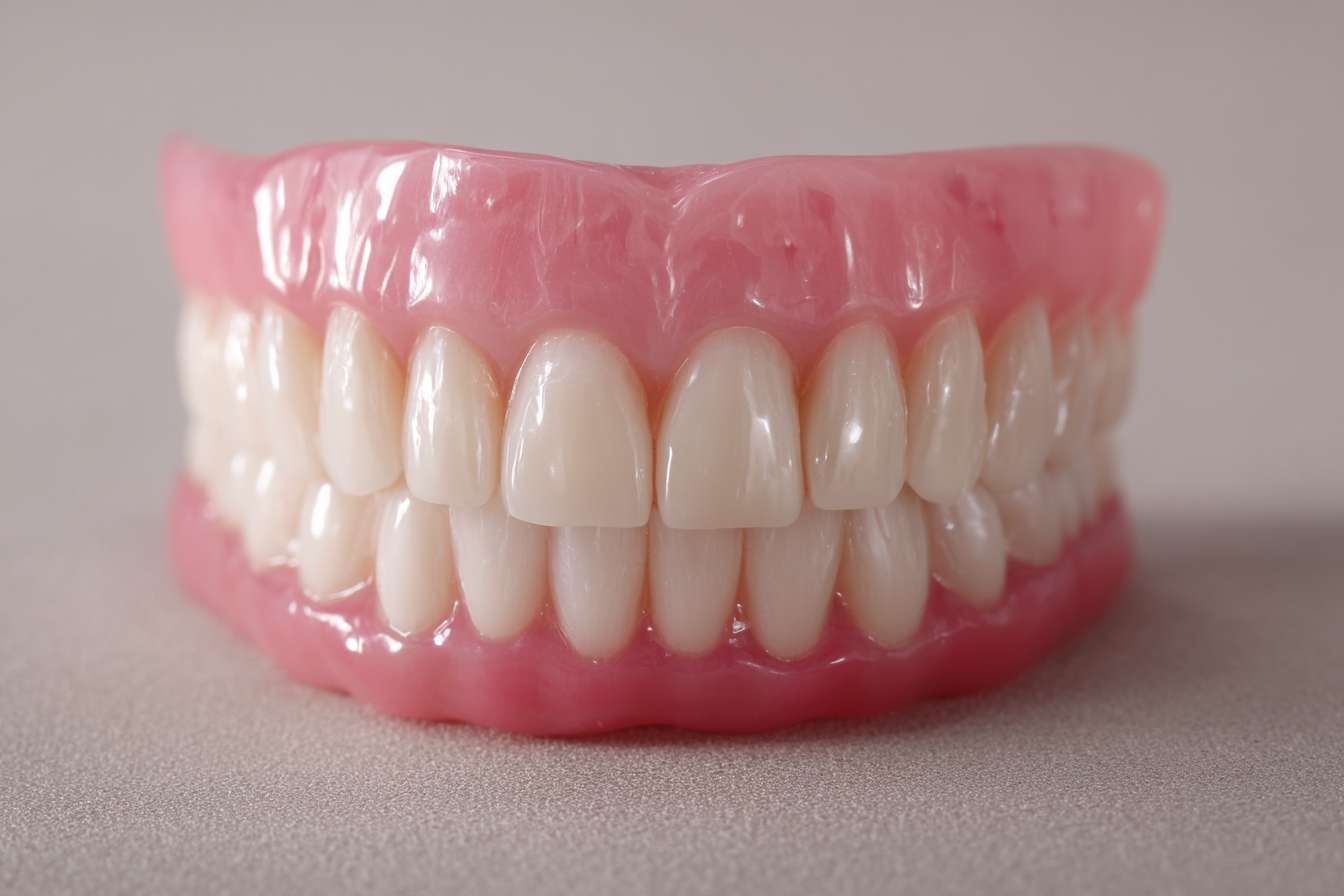Dental Implants: An Effective Method for Restoring the Health of Your Smile
Losing a tooth can impact more than just your smile—it can affect your confidence and oral health. Dental implants have emerged as a highly effective and long-lasting solution for restoring missing teeth. This guide will walk you through the key benefits and the process of dental implants, helping you understand how this advanced procedure can be a game-changer for the health and appearance of your smile.

What are the benefits of dental implants?
Dental implants offer numerous advantages over other tooth replacement options. One of the primary benefits is their ability to preserve jawbone density. When a tooth is lost, the surrounding bone begins to deteriorate due to lack of stimulation. Implants mimic the root structure of natural teeth, providing the necessary stimulation to maintain bone health. Additionally, dental implants restore full chewing function, allowing patients to enjoy a diverse diet without restrictions. Unlike removable dentures, implants are fixed in place, eliminating concerns about slippage or discomfort while speaking or eating. They also contribute to improved oral hygiene by making it easier to clean between teeth and along the gum line, reducing the risk of decay and gum disease in adjacent teeth.
How does the dental implant process work?
The dental implant process typically involves several stages spread over a few months. Initially, a comprehensive examination is conducted, including X-rays and 3D scans, to assess bone density and determine the optimal implant placement. If necessary, bone grafting may be performed to ensure adequate support for the implant. The next step involves surgically placing the implant, a small titanium post, into the jawbone. Over the following months, the implant integrates with the bone through a process called osseointegration. Once healing is complete, an abutment is attached to the implant, which serves as a connector for the final restoration. Finally, a custom-made crown, bridge, or denture is securely attached to the abutment, completing the restoration and providing a natural-looking, functional replacement for the missing tooth or teeth.
What are the different types of dental implants available?
There are several types of dental implants available to suit various patient needs and clinical situations. The most common type is the endosteal implant, which is surgically placed directly into the jawbone. These implants are typically made of titanium and shaped like small screws. For patients with insufficient bone height, subperiosteal implants may be recommended. These are placed on top of the bone but under the gum tissue. Mini implants, which are smaller in diameter than traditional implants, can be used in cases where space is limited or to stabilize lower dentures. All-on-4 implants offer a full-arch restoration using just four strategically placed implants to support a complete set of replacement teeth. The choice of implant type depends on factors such as bone density, the number of teeth being replaced, and individual patient characteristics.
What factors influence the cost of dental implants, and how can they be financed?
The cost of dental implants can vary significantly based on several factors. These include the number of implants needed, the complexity of the case, the need for additional procedures like bone grafting, and the type of restoration (single crown, bridge, or full arch). Geographic location and the experience of the dental professional also play a role in pricing. While dental implants may seem expensive initially, their longevity and health benefits often make them a cost-effective solution in the long term.
| Procedure | Average Cost Range (AUD) | Factors Affecting Cost |
|---|---|---|
| Single Implant | $3,000 - $6,500 | Implant type, crown material, additional procedures |
| All-on-4 Implants | $20,000 - $35,000 per arch | Number of implants, prosthesis material, complexity |
| Full Mouth Reconstruction | $30,000 - $60,000+ | Number of implants, type of restoration, additional treatments |
Prices, rates, or cost estimates mentioned in this article are based on the latest available information but may change over time. Independent research is advised before making financial decisions.
Many dental practices offer financing options to help make implants more accessible. These may include in-house payment plans, third-party financing, or dental credit cards. Some patients may also be able to use their superannuation to fund dental implant treatment in certain circumstances. It’s advisable to discuss financing options with your dental provider and explore potential coverage through private health insurance, although coverage for implants is often limited.
How should dental implants be cared for in the long term?
Long-term care and maintenance are crucial for the success and longevity of dental implants. While implants cannot develop cavities, they are still susceptible to gum disease and other complications if not properly maintained. Daily oral hygiene practices, including brushing twice a day with a soft-bristled toothbrush and flossing around the implant, are essential. Special interdental brushes or water flossers may be recommended to clean hard-to-reach areas around the implant. Regular dental check-ups and professional cleanings are vital for monitoring the health of the implant and surrounding tissues. Patients should avoid habits that can damage implants, such as smoking or chewing on hard objects. With proper care, dental implants can last for decades, making them a reliable long-term solution for tooth replacement.
Dental implants represent a significant advancement in restorative dentistry, offering a durable and natural-looking solution for missing teeth. By understanding the benefits, process, types, costs, and maintenance requirements of dental implants, patients can make informed decisions about their oral health. While the initial investment may be higher compared to other tooth replacement options, the long-term benefits in terms of oral health, functionality, and quality of life make dental implants an attractive choice for many individuals seeking to restore their smiles.
This article is for informational purposes only and should not be considered medical advice. Please consult a qualified healthcare professional for personalized guidance and treatment.




